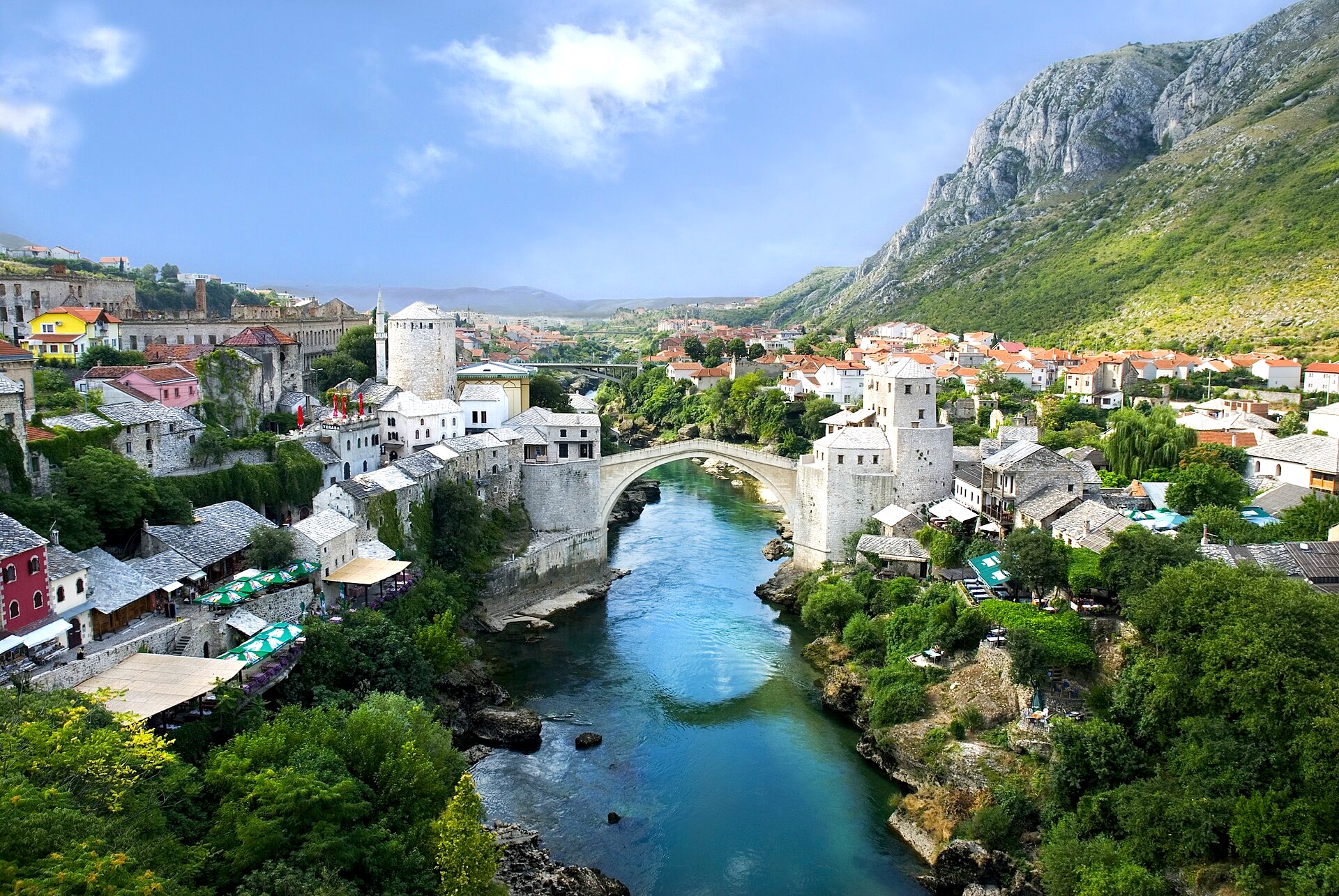
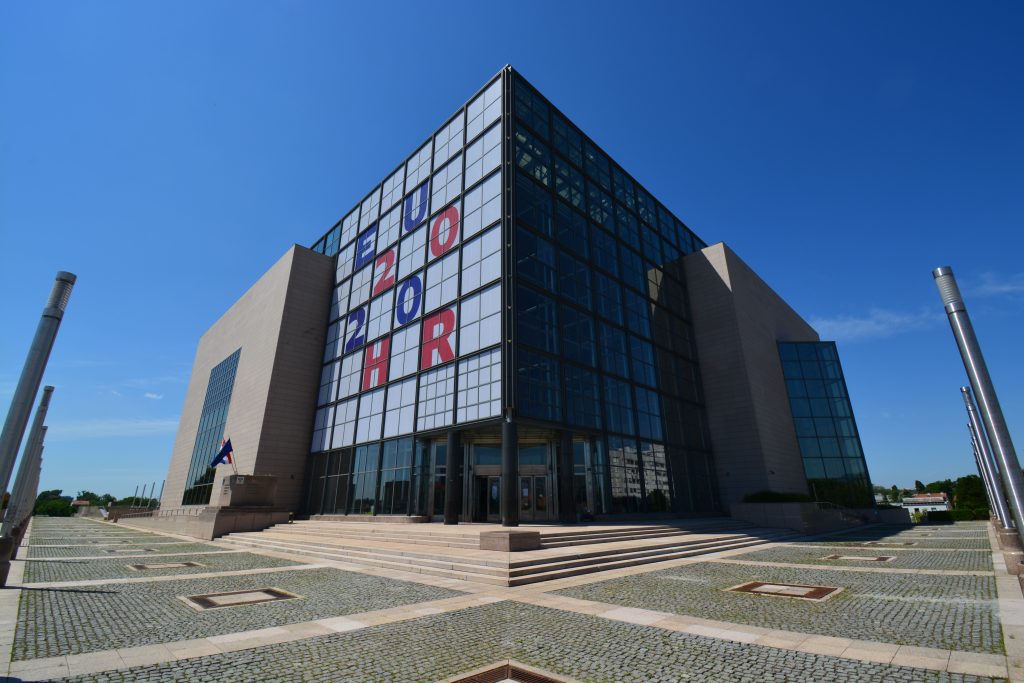
In the days of classical Greece, the first of the nine muses of the arts was Clio (or Kleio), the muse of history. It is to her that Zagreb’s history festival, Kliofest, owes its name. Kliofest was conceived by Damir Agičić, professor of history at the University of Zagreb and founder, along with Magdalena Najbar-Agičić of the Srednja Europa publishing house.
This year, Kliofest is celebrating its tenth anniversary, and we, at Extinguished Countries, have been invited to share about our project on this special occasion.
Hence, on Tuesday May 16, despite the pouring rain a packed audience gathered at the National Library in Zagreb. There, a lively talk took place; on one side there was Giovanni Vale, the founder of ExCo and the author of our first guidebook Republic of Venice. On the other, stood Filip Novosel, a researcher at the Croatian Institute of History specialising in the history of Zadar at the time of the Serenissima. Novosel is also among over 500 historians interviewed by Vale for the production of our first guidebook.
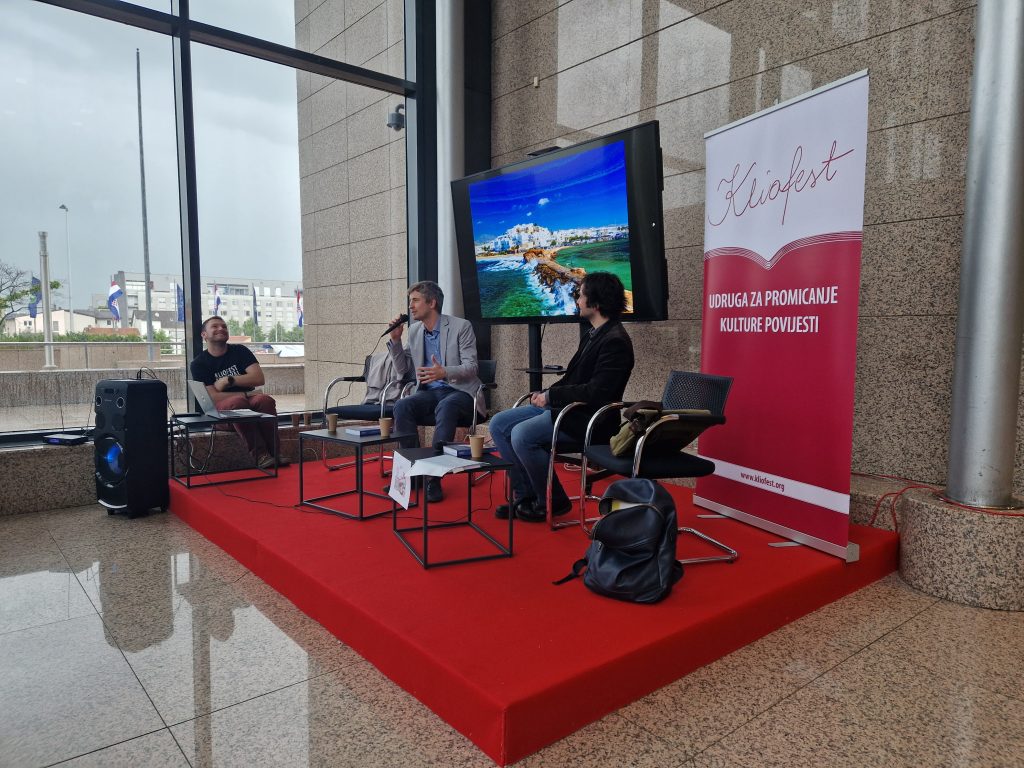
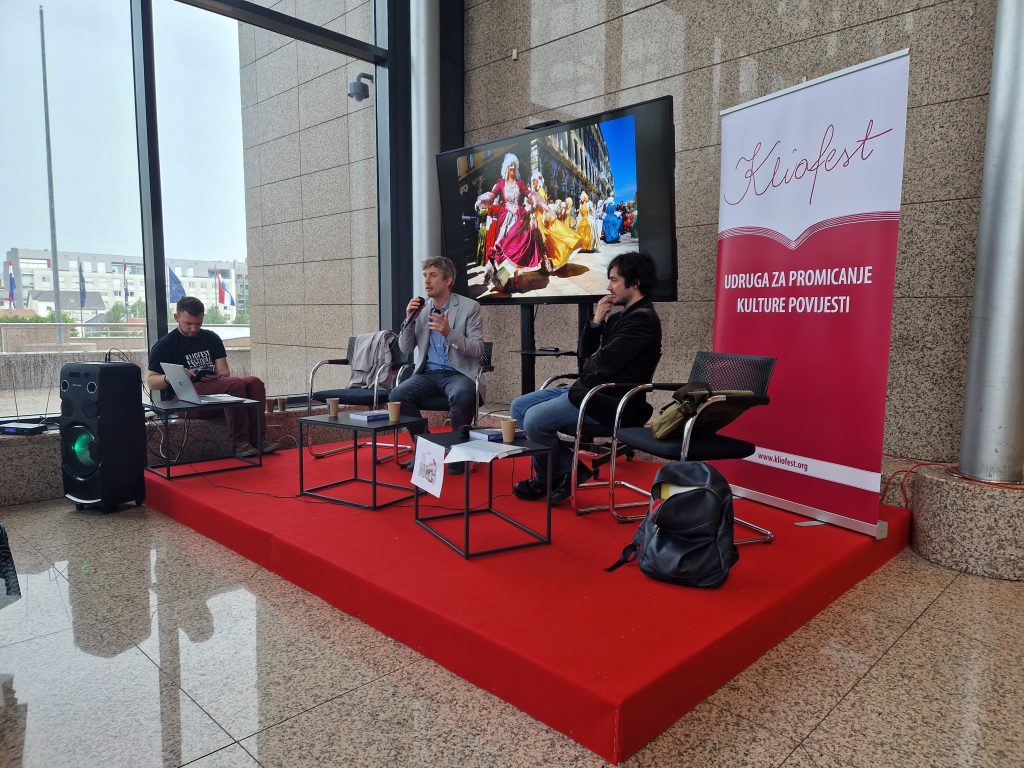
During the chat, Novosel made no secret of his initial scepticism when, in 2019, Vale involved him in the project by asking him for an interview.
“Oftentimes, those who approach complex historical topics without having a background as a historian have a superficial approach. Instead of listening with an open mind, they only look for confirmation of their theories. Giovanni, on the other hand, was ready to accept the controversies and splendours of the Serenissima without
preconceptions. This attitude resulted in an excellent book, which made me discover new aspects of the Venetian Republic. I was positively surprised by the success of the project. It is not common for a historical volume to sell over 3,000 copies,” Novosel said, concluding: “now I look forward to the Habsburg Empire!”
To the audience, Giovanni Vale told about the origins of Extinguished Countries, a project born from the desire to combine his experience in writing tourist guides with that of a journalist. He explained how one of his main objectives was to highlight the rich cultural heritage of the countries of South East Europe, where the project was born.
“When I arrived in Croatia for the first time nine years ago, I was particularly struck by the many historical-linguistic legacies and influences still present,” Vale said. “There are, for example, three ways of saying ‘towel’ in these parts: ručnik in the official Croatian, šugaman in the Dalmatian dialect influenced by the experience of the Venetian Republic, and peškir, in the territories influenced by the Ottoman and Turkish heritage. Each of these terms tells a piece of Croatia’s history, and this is
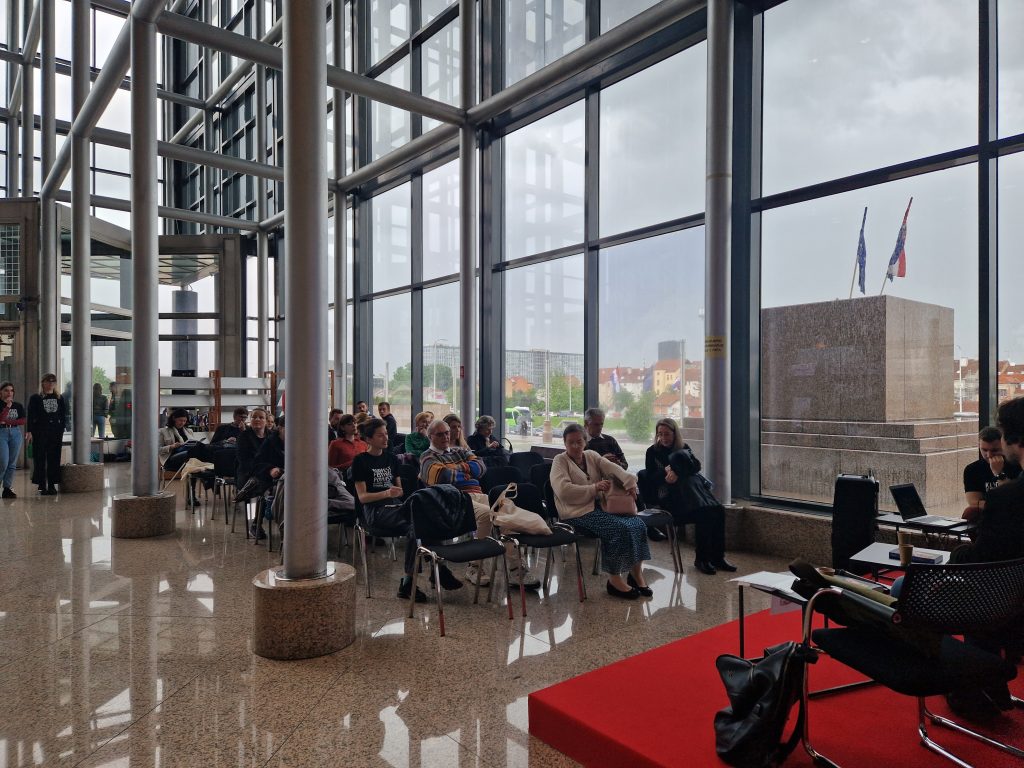
just one of the gems of the language and culture of the area’.
After having printed the first guide in the summer of 2021, dedicated precisely to the Republic of Venice, the project now continues with the guide to the Habsburg Empire, of which you can already read some previews in this blog. Stay tuned!